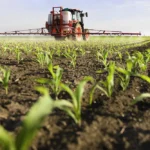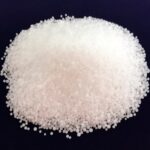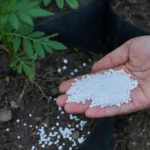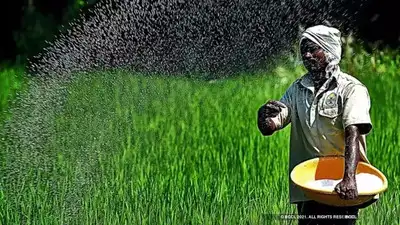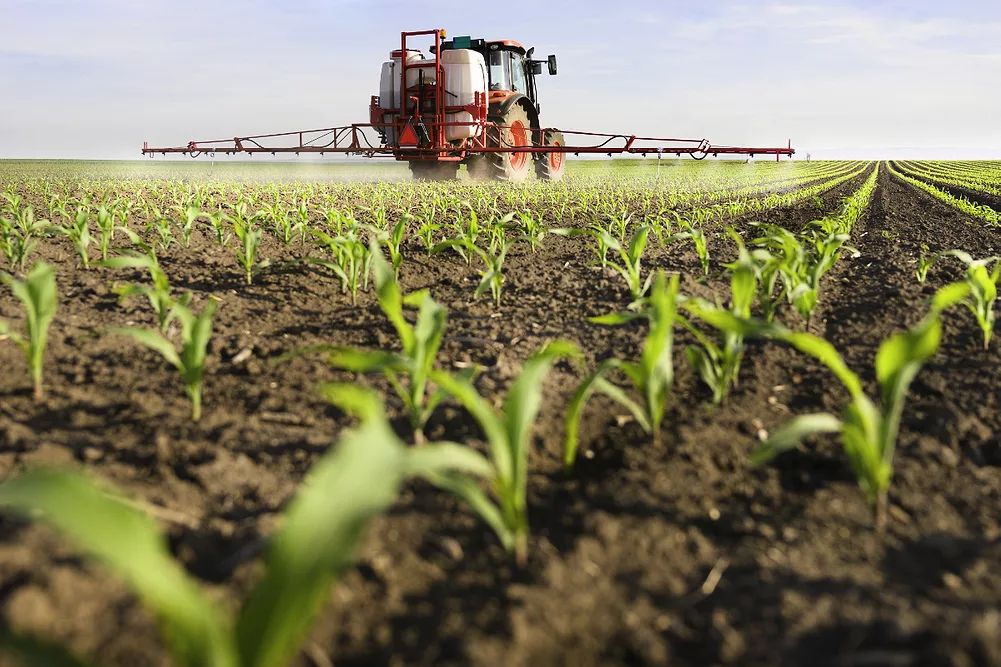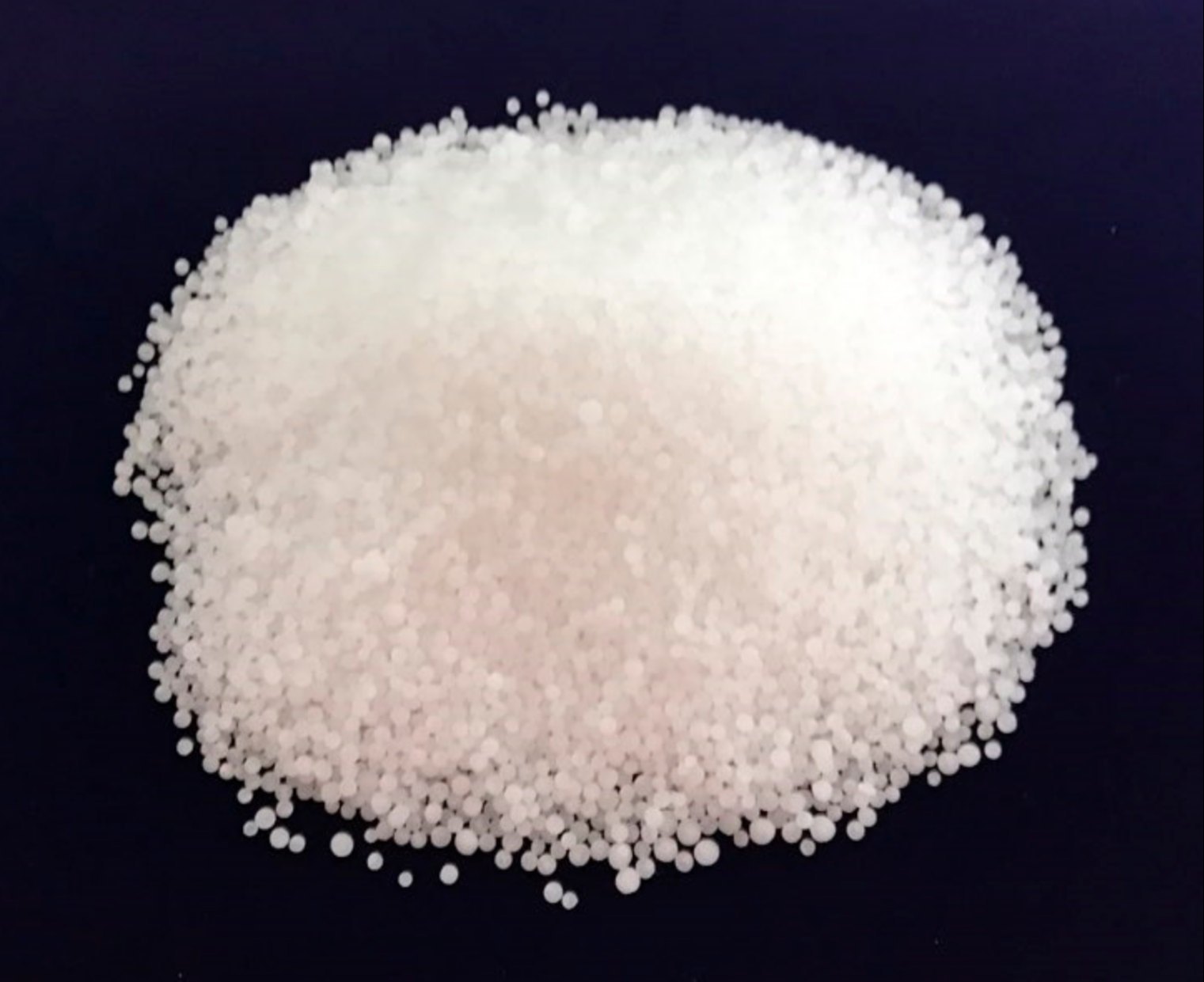Commerce and Industry Minister Piyush Goyal has urged India to build a resilient and self-sufficient agricultural supply chain. His remarks come amid rising concerns over the availability of essential farm inputs due to global disruptions.
Focus on Domestic Production of Key Farm Inputs
Speaking at the ICC Krishi Vikram Thematic Session in New Delhi, Goyal stressed the urgent need to localize the production of seeds, fertilisers, pesticides, and agricultural equipment. He said domestic manufacturing would help India withstand external shocks and reduce import dependence.
China’s Fertiliser Export Freeze Raises Alarms
The call for action follows China’s move to halt specialty fertiliser exports to India in April and May. These fertilisers play a critical role in boosting the yield of fruits, vegetables, and other high-value crops. The sudden supply crunch has triggered concerns about falling crop output and weakened food security.
China supplies nearly 80% of India’s specialty fertilisers and remains the top exporter of Diammonium Phosphate (DAP), which ranks just behind urea in usage.
Government Pushes for Diversification of Sources
“The government is helping industries identify global alternatives and strengthen local production capabilities,” Goyal said. He encouraged fertiliser companies to expand their sourcing networks and form long-term partnerships with mineral-rich countries.
DAP Stocks Declining Sharply
India’s heavy reliance on imports is now showing clear signs of stress. On June 1, 2025, DAP stocks fell to just 12.4 lakh tonnes—down from 21.6 lakh tonnes in 2024 and 33.2 lakh tonnes in 2023. Industry insiders say Chinese authorities are using procedural delays to restrict shipments, creating what they call a “soft blockade.”
“This time it’s a total freeze,” said Rajib Chakraborty, president of the Soluble Fertilizer Industry Association (SFIA), describing the severity of the disruption.
Farmers Bear the Brunt of the Shortage
Farmers are feeling the strain. DAP plays a key role during the Kharif season by strengthening root development and promoting early plant growth. In many regions, farmers now pay ₹1,700–₹1,800 per bag, even with the government’s expanded subsidies.
Production Falling Short of Demand
In February, Minister of State for Chemicals and Fertilisers Anupriya Patel told Parliament that India required 110.18 lakh tonnes of DAP in 2023–24. However, domestic manufacturers supplied only 42.96 lakh tonnes. Estimates for 2024–25 suggest even lower output.
Wider Economic Implications
Trade economist Abhash Kumar warned that a prolonged fertiliser shortage could reduce crop yields, squeeze rural incomes, and hurt the broader economy. These risks are especially serious in a country where agriculture employs the largest share of the workforce.
India Moves Toward Strategic Independence
To tackle the crisis, India is actively working to reduce import dependence. Goyal’s push for localized supply chains and global diversification aims to safeguard the country’s food security and economic stability.

